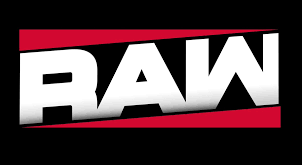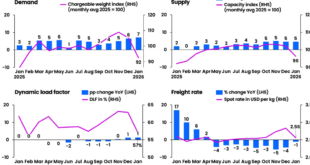A note comes from Ian Lance at RWC Partners – which runs the Temple Bar Investment Trust many MoneyWeek readers hold.
Back in May 2020 he wrote a blog (which you can read here) about a group of stocks he felt were so cheap that large parts of the business were effectively free. In each case one division alone was (on his valuation methods at least) worth more than the market capitalisation of the entire group. It seemed mad at the time – and it was.
Since then, the share prices of each of the companies mentioned have soared. Royal Mail is up 170%, Marks & Spencer up 145% and the rest (Capita, ITV and BT) are up between 35 and 68%. Over the same time, the FTSE All Share is up 30%.
Of interest are two other stocks Lance points to for similar reasons – Shell and Vodafone. I’ve copied his rationale for both below – not necessarily to suggest you buy them (I hold Shell) but as a reminder that in these times of slightly nutty valuations, there is still plenty of opportunity around for those prepared to take non-consensus views.
As we discussed at length at yesterday’s Moneyweek Wealth Summit, today’s markets are fragile. When the ice begins to crack, better to be in stuff that is already cheap than stuff that is going to get cheap very quickly indeed.
Royal Dutch Shell
Third Point, the US based activist fund manager, recently announced that that they had taken a significant position in Royal Dutch Shell in the belief that the entirety of the company’s stock market value is accounted for by what they termed its Energy Transition businesses (Integrated Gas, Marketing and Renewables) leaving its upstream, refining and chemicals businesses ‘in for free’.
The former businesses generate EBITDA of $25bn which is valued on 10x would amount to the current enterprise value of $250bn. The latter three business units account for around 60% of the company’s profits and if accorded even a modest valuation (say 5x EBITDA) would crystallise upside of around 80% in the share price.
Third Point are arguing for nothing short of a breakup of the company in order to realise this value and whilst they may or may not be successful, their action has demonstrated the potential inherent value that exists in the business.
Vodafone
A similar argument can be made for UK telecom operator Vodafone, although estimating what the constituent parts of Vodafone are worth is made considerably easier by the fact that certain parts of their business are listed (Vantage, Vodacom, Safaricom, Vodafone Idea and Indus Towers).
Adjusting for these quoted assets, we can see how the stub is being valued and at today’s prices, it trades on around 4x EV/EBITDA and a 25% free cash flow yield.
With the stakes in Vantage and Vodacom accounting for 60% of the equity value of Vodafone, there would appear to be a reasonable underpinning of the valuation of the residual business.


